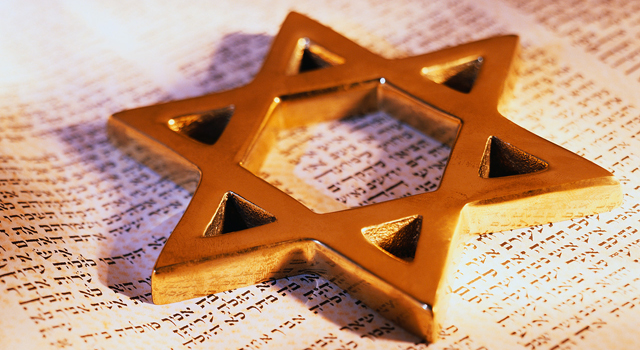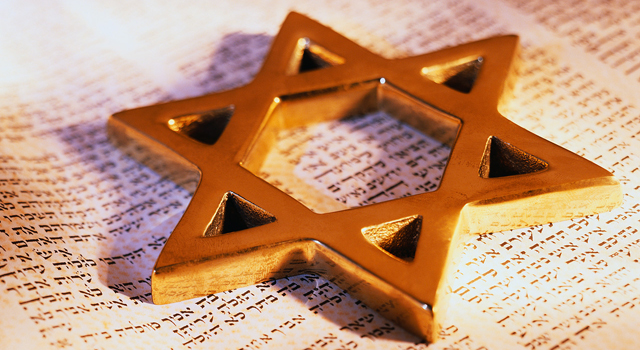
By Shlomo Riskin
“And now, if you will surely hearken to my voice and observe My Covenant, then you shall be for Me a chosen treasure (segulah) from amongst all the nations, because all of the earth is Mine And you shall be for Me a Kingdom of Priest-teachers and a holy nation…” (Ex. 19:5-6)
In our Biblical portion of Yitro, we have the Religious Covenant between God and the Israelites, a Divine agreement that if this newly-formed emerging nation will accept the moral and ritual commandments, they will become God’s treasured people, a holy nation of priest-teachers to all of humanity. Hence the prophetic fulfillment of God’s promise to Abraham, chosen because he was commanding his household after him to act with compassionate righteousness and moral justice, that through his seed all the families of the earth would be blessed (Gen. 18:18-19; 12:3).
From this perspective, the Covenant at Sinai may be seen as the Bar-Bat Mitzvah of the Jewish Nation at the very dawn of their history. Indeed, it is a commitment –consecration ceremony, which can be ratified only after the Israelites publicly accept the challenge – or the gift – which God is placing before them: “And (the Israelites) said, ‘all that the Lord has spoken we shall perform and internalize’ – and then Moses took the blood (of the earlier sacrifices) and sprinkled it upon the nation, and he said, ‘behold, the blood of the Covenant, which the Lord has cut with you on all these words’” (Ex. 24:7-9). As should be expected, this ratification comes after the lengthy portion of Mishpatim, replete with a sampling of the moral and ritual commandments which have always been seen by our Sages as part and parcel of the Revelation at Sinai.
This ratification of the Covenant includes the youth of Israel who brought whole burnt offerings and peace offerings – and a celebratory meal for the leadership (Moses, Aaron, Nadav, Avihu and the Seventy Elders), at which they ate and drank in the presence of the Divine (Ex. 24:11). Biblically, sacrifices of whole burnt offerings and peace offerings are generally identified with Festival celebrations (for example, Num. 10:10).
As we have seen, there is also the sprinkling of blood upon the nation, which is reminiscent of the circumcision ceremony, by which every male baby enters into the Covenant of Abraham and must include the loss of some blood from the male sexual organ of propagation; so it is that every single birth, male and female, is accompanied with the significant loss of blood: our Talmud teaches that “women are considered to be naturally circumcised,” because with every birth they put their lives on the line and shed much blood!
The profound reason for this is difficult, but very true.
Every worthwhile idea or ideal requires commitment (mesirut nefesh), even commitment unto death. It was Dr. Martin Luther King, Jr. who said that anyone who has not found an ideal for which he would sacrifice his life is not living a worthwhile life! As the prophet Ezekiel taught, “And I see that you are rooted in your blood, and I say to you “by your blood shall you live, by your blood shall you live” (Ezek. 16:6).
The great paradox of the biblical story of the binding of Isaac was God’s telling Abraham that only if he was willing to risk his future through his son Isaac would he be worthy of having a future with covenantal seed. God Himself (as it were) is invested in Israel’s commitment, even commitment unto death, to the Covenant, because unless Israel succeeds in teaching the world ethical monotheism, our global village will have no future! That is why in picturing God’s participation in the celebratory meal at Sinai, what I believe the Bible is trying to express metaphorically is that God has chosen us as His partners, to be His witnesses to the world, to help Him save humanity from self-destruction.
The Talmud records (B.T. Tamid 32a) that “Alexander of Macedon asked the Elders of Tzfat: ‘What ought a person do if he wishes to die?’ They responded, ‘Let him attempt to keep on living,’ because he will surely die sooner or later; nobody has yet left this world alive! ‘And what ought a person do if he wishes to remain alive?’ They responded, ‘Let him slay himself’ for the sake of an eternal value, of a lofty ideal, and he will continue to live as long as the value or ideal remains alive in the world.”
To be a committed Jews means that although you may be engaged in a dangerous occupation, there is no more privileged way to live your life. Yes, it is a great joy to be Jewish. And even if you experience a temporal “oy,” that is certainly worth the eternal “joy” of participating in God’s vineyard dedicated to perfecting the world.
Rabbi Shlomo Riskin is chancellor of Ohr Torah Stone and chief rabbi of Efrat, Israel.








 Southern New England Jewish Ledger
Southern New England Jewish Ledger













